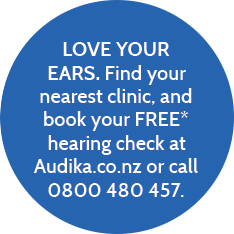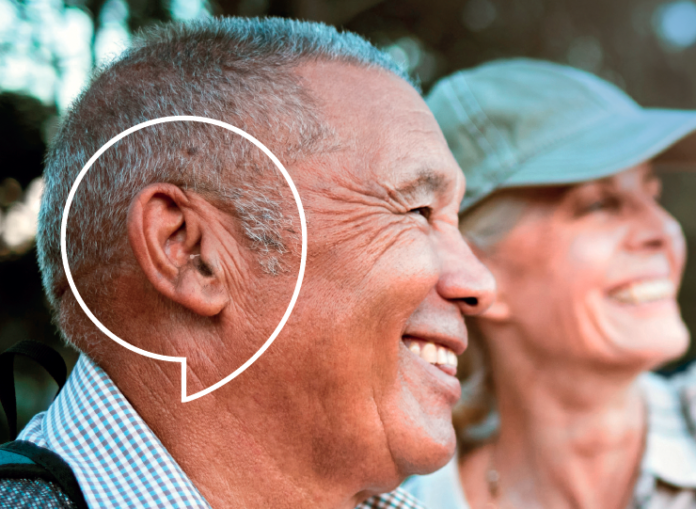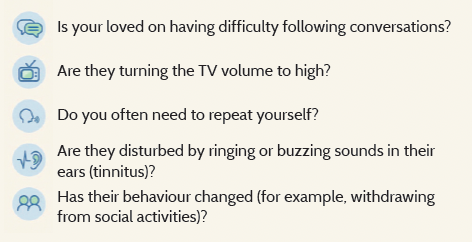 Your family and friends often notice before you do that you are missing sounds, misunderstanding conversations or not engaging in social activities as much as you used to.
Your family and friends often notice before you do that you are missing sounds, misunderstanding conversations or not engaging in social activities as much as you used to.
Here are some tips to help you address the situation with them:
- Find a private, comfortable space. Try to be patient and understanding. Let them know what you have noticed.
- Be compassionate and objective.
- Do your research. Managing any degree of hearing loss can have a positive influence on your loved one’s health and wellbeing, and help them to maintain strong relationships.
- Be supportive. Even if your friend or loved one wants to do something about their hearing loss, they may not know where to find out more. You can help by letting them know they can easily make an appointment to have a FREE* hearing check.
- Offer to come with them to their appointment. Many people find it helpful to have someone with them when they discuss their hearing and communication needs, have their results explained and consider their options.
The different types of hearing loss
Sensorineural hearing loss is the most common type of hearing loss and can be caused by damage to the tiny hair-like cells in the inner ear or damage to the auditory nerve. Often, this type of hearing loss can be managed with hearing aids.
Conductive hearing loss occurs in the outer or middle part of the ear, where sound is converted to vibrations and sent to the inner ear. Excessive earwax, a ruptured ear drum, or even ear infections can result in conductive hearing loss, which may be managed with medical intervention or hearing aids.
Mixed hearing loss refers to damage to both the outer and middle ear (conductive hearing loss) and to the inner ear (sensorineural hearing loss).
Visit Audika’s expert team
Audika can give you an immediate insight into your hearing status with a free online hearing check. They also offer free hearing checks for people over 18, and now is a perfect time to get a check.
*Free hearing checks are for adults aged 18 or over.



